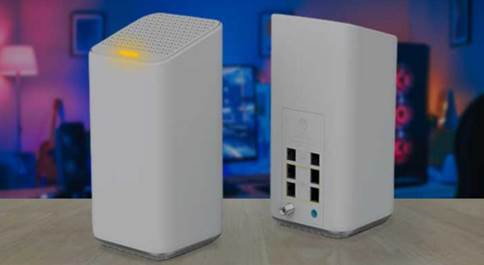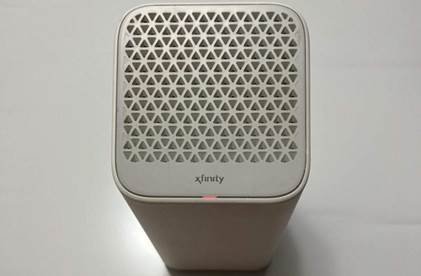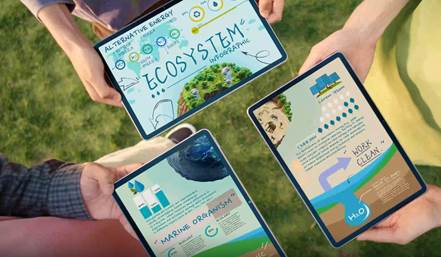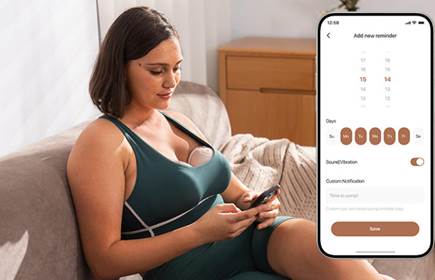Technology
enhances our lives in countless ways, and tablets have become a popular choice
for people of all ages. Unlike larger computers, tablets are portable, simple
to use, and versatile enough for activities ranging from watching movies to
joining video calls with family. Even if you do not consider yourself
tech-savvy, a tablet can be a practical companion that fits seamlessly into
everyday routines. In this article, we will walk through the main factors you
should think about when choosing a tablet, explained in simple, practical
terms.

Key Factors to Consider When Buying a Tablet
Battery capacity
Battery
life is one of the first things you should pay attention to when buying a
tablet, especially if you plan to use it on the go. A strong battery capacity
ensures that you do not have to constantly look for a charger throughout the
day. For someone who likes reading during commutes or watching shows while
traveling, this can make a huge difference in convenience. It is worth
remembering that larger batteries usually support longer hours of use, but
efficiency also depends on how the device manages power. Some tablets come with
energy-saving modes, which extend usage time by limiting background activities.
When comparing options, check both the battery capacity (measured in
milliamp-hours) and real-world usage reports, as these reflect how long the tablet
can truly last.
Screen Size and Display Quality
The
display is the part of the tablet you interact with the most, so choosing the
right size and quality is crucial. If you prefer something easy to carry, a
smaller screen may be ideal, while larger displays are better suited for
watching videos or multitasking with split-screen features. Beyond size, the
sharpness of the screen—measured in resolution—determines how clear and
detailed everything looks, from photos to text. Brightness and color quality
also matter because they affect readability, especially under sunlight or in
dim rooms. Another essential consideration is eye comfort, since tablets are
often used for long periods. Modern displays with eye protection features
reduce strain, making them safer for daily use. A high-quality screen not only
enhances enjoyment but also ensures comfort whether you are reading, studying,
or working.

Storage Options
Storage
is often overlooked by first-time buyers, but it plays an important role in how
smoothly your tablet functions. If you only plan to browse the web or stream
videos online, you may not need much space. However, if you want to download
movies, install apps, or keep a large library of photos, more storage becomes
necessary. Many tablets offer built-in storage ranging from smaller capacities
to very large ones, and some also support expandable memory through cards.
Having more storage is always more convenient because it prevents the
frustration of constantly having to delete old files to make room for new ones.
Also, system updates require free space, so running out of storage can affect
performance.
Understanding Tablet Specifications
Tablet
specifications can often look confusing, full of numbers and terms that may not
make much sense. However, understanding the basics is easier than it seems. The
processor, sometimes referred to as the “brain” of the tablet, affects how
quickly the device responds when you open apps or multitask. RAM, or memory,
determines how many apps you can keep open without the tablet slowing down.
Together, these two factors strongly influence performance in daily life.
Another important specification is connectivity—features like Wi-Fi speed,
Bluetooth capability, and support for accessories can add convenience. While
you do not need to dive too deep into technical details, knowing these basics
helps you choose a tablet that runs smoothly for your everyday activities
without unnecessary stress.
Budgeting: How Much Should You Spend?
For
many people, budget is one of the most decisive factors when buying a tablet.
Prices can vary widely, so it is helpful to match your spending with your
actual needs. If you mostly use a tablet for simple tasks like browsing the
internet or reading, you may not need to invest in the most expensive models.
However, if you want a device for both entertainment and light productivity,
spending a little more ensures better performance and longevity. Keep in mind
that a well-balanced tablet is often more cost-effective in the long run than a
very cheap one that slows down quickly.
Where to Buy: Online vs. In-Store Options
Once
you know what you want, the next question is where to buy it. Online stores
offer convenience, often with detailed product descriptions, user reviews, and
competitive prices. You can compare different options easily without leaving
home, and many websites also provide discounts. However, shopping in physical
stores has its advantages too. You get the chance to hold the tablet in your
hands, test the display, and see how comfortable it feels. Some people find
reassurance in talking directly with sales staff and asking questions
face-to-face. For the best approach, you might consider researching online
first and then visiting a store to confirm your choice before purchasing. By
combining both methods, you make a more confident decision.
Conclusion
Buying
a tablet doesn’t have to be complicated—even if you’re not tech-savvy. Focus on
battery life, screen quality, and storage, along with a basic grasp of specs
and your budget, to choose with confidence. Since the display greatly affects
comfort, especially during long hours of use, eye protection features are
essential for your well-being. A great example is the matepad huawei 11.5 with its Eye-Soothing PaperMatte Display, designed to reduce
strain whether you're reading, working, or watching. By knowing what matters
most, you can easily find a tablet that fits your lifestyle—keeping you
comfortable and worry-free.



